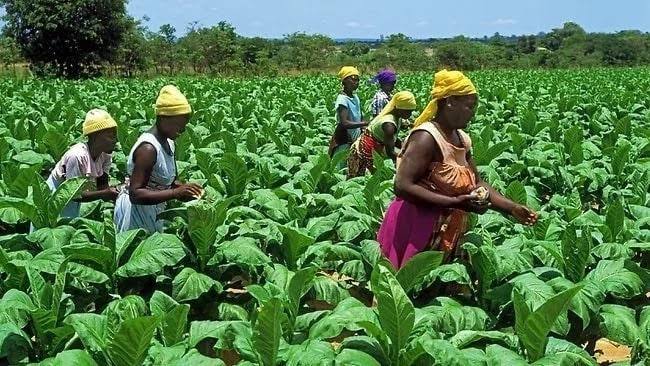
Faith Nyasuguta
Ghana’s designation as the International Atomic Energy Agency’s (IAEA) collaborating centre for Africa, focusing on plant breeding and associated technologies for food and nutrition, is considered crucial for advancing genetic modification in the continent.
The IAEA, in collaboration with Ghana’s Biotechnology and Nuclear Agriculture Research Institute (BNARI), aims to promote research and development on mutation breeding in West and sub-Saharan Africa.
This four-year commitment seeks to address global food security challenges by enhancing crop yields, nutritional quality, and resilience to climate change through mutation breeding.
Najat Mokhtar, IAEA deputy director-general, emphasizes mutation breeding as a powerful tool to tackle food security issues globally. The collaboration with BNARI aims to share expertise and build capacities for deploying this technique across a broader geographical region.
BNARI is poised to become Africa’s first IAEA Collaborating Centre in plant breeding and genetics, selected for its strategic location and expertise in radiation-induced mutation.
Ghana has been at the forefront of adopting genetic modification technology to improve crop and plant species. The introduction of the first genetically modified cowpea, developed by the Savannah Agriculture Research Institute (SARI), is expected to substantially increase yields, nearly 300%.
This modified cowpea, which does not require insecticides, highlights Ghana’s commitment to leveraging biotechnology for agricultural productivity.
Ghana joins a growing number of African countries embracing genetic modification technology to enhance agricultural resilience and productivity. With projections indicating increased adoption, genetic modification is seen as a solution to address Africa’s food crisis.
Countries like South Africa and Sudan have already demonstrated the economic benefits of planting genetically modified crops, leading to higher yields and reduced production costs.
As Africa faces challenges related to climate change and food security, the collaboration between the IAEA and BNARI reflects a commitment to leveraging genetic modification to transform agriculture.
The application of biotechnology, coupled with strategic collaborations, holds promise for addressing Africa’s pressing hunger crisis, improving nutrition, and fostering economic development.

The efforts of organizations like BNARI and the Pan-African Bean Research Alliance demonstrate the potential of biotech research to enhance food security, increase income for households, and alleviate poverty across the continent.
To sustain these positive outcomes, continued investment in biotech research, training of scientists, government collaboration, and science-based communication are essential components of Africa’s path toward agricultural transformation.
RELATED:




